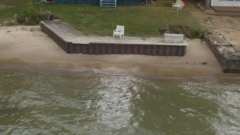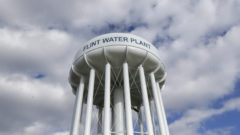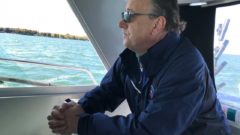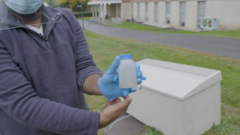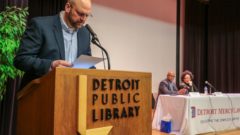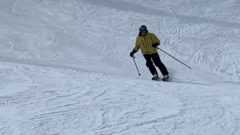Friends group raising funds to place universal access kayak launch on Hamlin Lake in Ludington State Park
In a step to improve accessibility and further enhance a crown jewel of Michigan State Parks, Friends of Ludington State Park is raising funds to purchase and install a universal access kayak launch at the Hamlin Lake beach. Read the full story by Ludington Daily News.
Great Lakes Commission
https://www.glc.org/dailynews/2020120-kayak-access

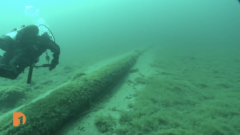
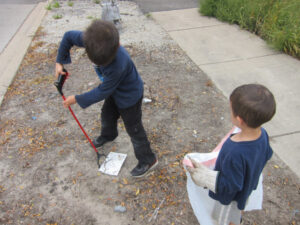
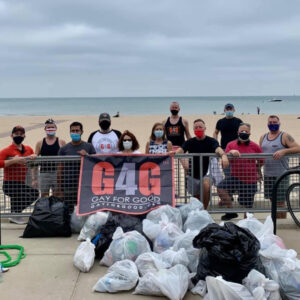 “This was really our comeback event,” says Matt Belcher, a Chicago chapter leader for the national service group
“This was really our comeback event,” says Matt Belcher, a Chicago chapter leader for the national service group 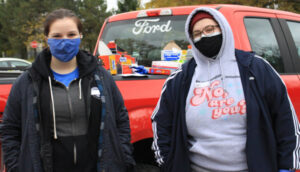 In Cleveland, Americorps volunteers Sara Morgan and Grace Vishnick had a similar experience. They organized about 50 people to clean Cleveland’s Euclid and Edgewater beaches for
In Cleveland, Americorps volunteers Sara Morgan and Grace Vishnick had a similar experience. They organized about 50 people to clean Cleveland’s Euclid and Edgewater beaches for 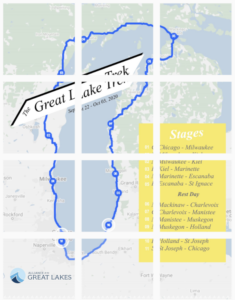 The most unusual outreach by an Ambassador during the pandemic is likely Tristyn Von Berg’s bike ride around Lake Michigan. Von Berg nicknamed his Trek commuter bike “Richard Gears” after his father. A South Africa native, he had recently moved to Chicago when he decided to make the 950-mile journey.
The most unusual outreach by an Ambassador during the pandemic is likely Tristyn Von Berg’s bike ride around Lake Michigan. Von Berg nicknamed his Trek commuter bike “Richard Gears” after his father. A South Africa native, he had recently moved to Chicago when he decided to make the 950-mile journey.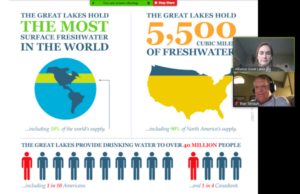 Blair Tatrault became an ambassador after retiring a few years ago.
Blair Tatrault became an ambassador after retiring a few years ago.
